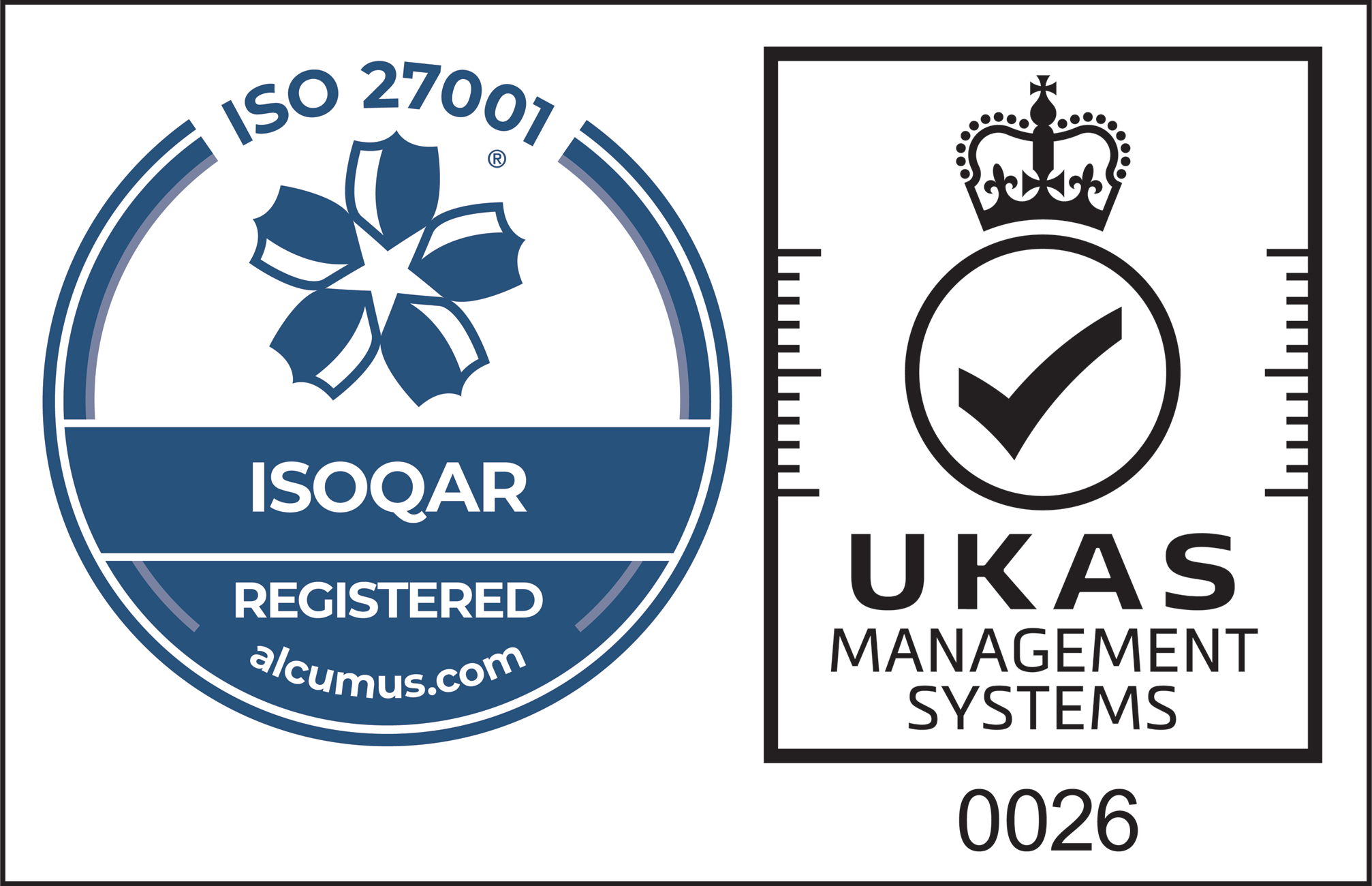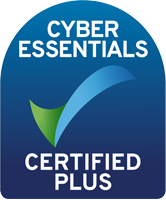Synthetix have the complete platform of customer service tools.
Book a demo of any of our products below
An Introduction to FAQ Software
FAQs, frequently asked questions are simply that – the routine queries that are asked multiple times a day, every day by your customers. They involve your company, products and services and include queries such as:
Having access to FAQs is vital to CX, today 67% of customers want to resolve their own queries through the power of self-service. This is why including a form of FAQ tool on your website is paramount. It enhances the customer journey by providing quick, convenient, 24/7 access to answers – which reflects positively in CSAT.
FAQ software facilitates this self-service. It lets your customers help themselves by providing a library of answers and search function that when engaged with, delivers the most relevant results.
Depending on your business size and requirements, a simple FAQ page might suffice for the most basic of self-service needs. However, for most companies, an excellent level of customer service and CX is essential and therefore such a solution would not be adequate. Instead, they opt for a more sophisticated AI-powered FAQ tool that can effectively provide customers with the answers they require through Natural Language Processing (NLP).
In addition to serving customers, FAQ software proves particularly advantageous to customer service contact centre teams. FAQ tools that utilise NLP enable the mass automation of routine queries and tasks that would otherwise be handled by agents. Not only does redirecting this type of query to an FAQ tool prove effective in reducing operational costs and staffing overheads, but it allows agents to dedicate more time to queries that are complex by nature. This contributes positively to CSAT.
FAQ software can do far more than simply answering a question, it helps customers get to where they need to be through escalation and from an internal perspective, acting as one centralised source of knowledge, empowers entire companies with the data it produces.
To learn more about how self-service software works, click here.
Types of FAQ Software
Basic FAQ Page Solutions
This type of FAQ solution is presented as a static FAQ page whereby users can type a question into a search bar and if there is an exact match, an answer that has been configured will show.
Whilst this might appear to be the best-for-value option, in the long run, it is likely to end up costing you more.
The content that is included on an FAQ page is based off opinion opposed to fact as a lack of data surrounding knowledge article popularity results in simple guesswork. What this means is that your FAQs aren’t FAQs, rather what someone believes them to be – which of course is problematic, creating a gap between you and your customers.
FAQ pages include a simple interface that is usually built with basic code, this means that making even a small edit involves many developer hours and before this, a long chain of command. The management of an FAQ page is therefore cumbersome, and often an inefficient use of many employees’ time.
Further, its basic setup restricts knowledge sharing and can increase the likelihood of errors occurring. Because an FAQ page is not the centralised source of knowledge, nor can it integrate with one, edits and changes cannot occur automatically. This results in many little updates that increase the chances of information inconsistencies and inaccuracies across the company.
Read more on why an FAQ page is no substitute for a knowledge base, here.
Basic FAQ Tools
Basic FAQ tools have a similar structure to the FAQ page discussed – the only difference is that they can be presented in a variety of ways. Unlike the basic FAQ page solution, which is restricted to a static HTML page, basic FAQ tool solutions can take the form of a widget or pop-up. This is usually configured to show on certain pages and pop-up after a given amount of time.
Whilst this solution offers some flexibility in terms of presentation, its setup is basic and search functionality is limited. Its lack of AI and NLP utilisation removes any human-like understanding from the tool, so unless an exact keyword match is entered, results will not be triggered or therefore displayed to the customer. The effect of which takes a toll on CX as customers cannot find answers to their simple questions, often being told: “No results found.”
Poor FAQ Tools
Effective FAQ Tool
For these customers, their journey is cut short with no follow-up questions asked or channel escalation offered.
Intelligent FAQ Software
The solution for companies who want to:
- Provide optimal CX
- Ensure excellent customer service
- Enhance CSAT
- Have greater control over knowledge sharing, data and integrations
Far more advanced than the basic FAQ solutions previously discussed, intelligent FAQ software is the core of all company knowledge. Its role is fundamental, playing a key part in the overall customer service ecosystem and enhancing operations beyond the capabilities of other solutions.
Intelligent FAQ software is built on AI and stores all company information – from internal documents suitable for employees only to FAQs and product information, fit for customer consumption.
Knowledge base FAQ systems fundamentally instruct your FAQs. They track what customers actually ask most frequently; not relying on what you assume to be your top FAQs as other tools or static HTML FAQs do. You can’t improve what you can’t measure, so knowledge base analytics unlock a completely new dimension of CX delivery.
It is your centralised hub of knowledge, feeding any tool that relies on company information. It means that the answers your chatbot or self-service widget deliver to your customers are using the same source as the agent who is operating live chat is also referring to. This ensures complete consistency across all channels and reduces the risk associated with serving inaccurate information.
Your intelligent FAQ knowledge base can seamlessly integrate with:
- Internal tools such as agent knowledge that assists in answering customers’ questions
- Customer-facing tools that facilitate online self-service
- 3rd party applications such as CRM or email management tools
An FAQ knowledge base utilises NLP to better ‘understand’ customer queries, taking into consideration the many ways in which a question can be asked. NLP breaks down each query into keywords, intent, grammar and popularity, analysing each component to produce the most relevant results, encouraging CSAT. If the query is non-routine and complex by nature, escalation to an agent-assisted channel is offered where a human can intervene.
Unlike the basic FAQ software options, an FAQ knowledge base turns knowledge into an asset for your company. By collecting and organising useful data, teams can learn from customer behaviour patterns, companies can optimise articles and operations can become more efficient.
Because knowledge bases utilise Machine Learning (ML) principles they can even recognise patterns in customer preferences, language and grammar, storing such intel and using it for improved future interactions.
To find out more about knowledge base software, click here.
Every business and its requirements for FAQ software is different, but before beginning your software selection process, ensure you have outlined exactly what you need from it. For small start-ups with very basic needs, a simple FAQ page may suffice. But for companies that are focused on maximising customer service, they should consider intelligent FAQ software that supports customers and empowers employees.
If you enjoyed this article and would like to know more about knowledge management, you can read our guide here or if you’d like help with any organisational needs, please


